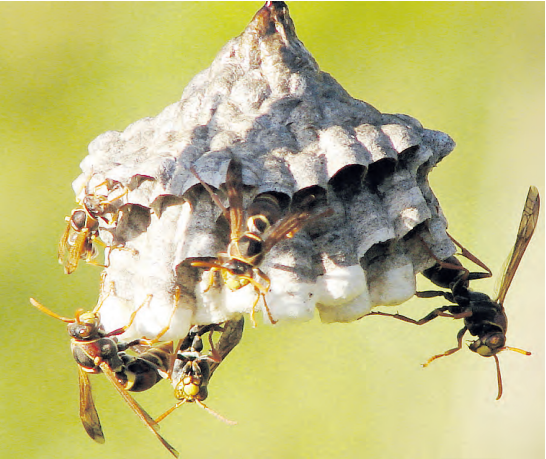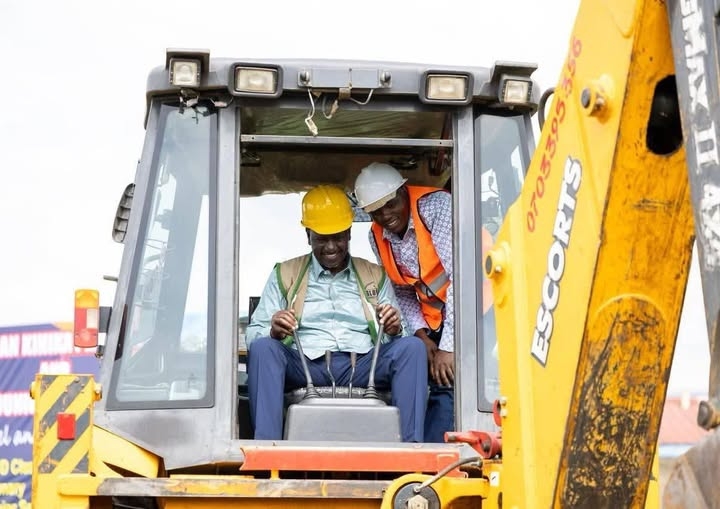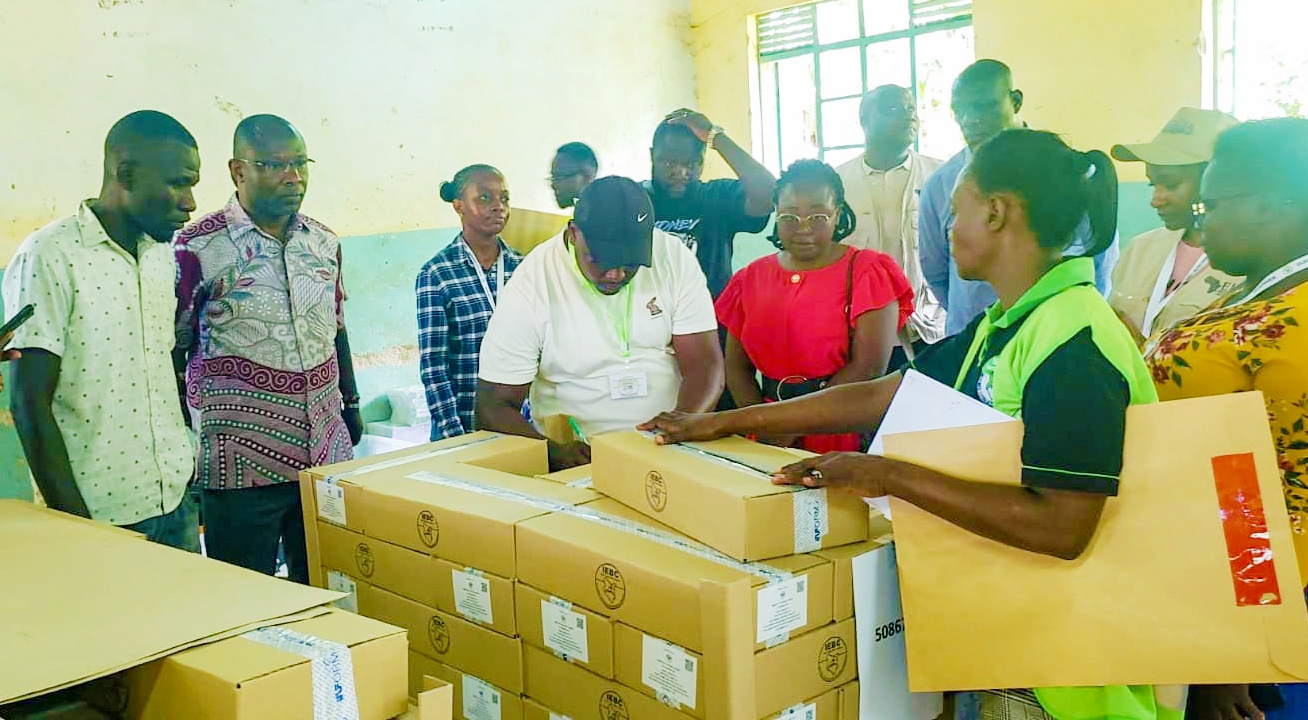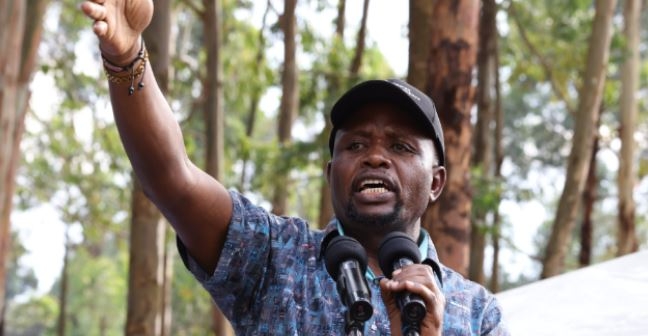
The government has allowed the widespread release of wasps to fight a pest that destroys pawpaws.
The Kenya Standing Technical Committee on Imports and Exports approved the widespread use of the Acerophagus papaya (A. Papaya) against papaya mealybug in all of Kenya’s pawpaw growing counties.
This was announced by Cabi, a Nairobi-based UK non-profit that promotes natural solutions for pests and diseases. The organisation has been trialling the wasp programme in Machakos, Embu, Tharaka Nithi, Baringo, Mombasa, Kwale, and Kilifi counties.
Cabi said once the wasp is introduced, it can take up to six months to be effective. The Kenya Agricultural and Livestock Research Organisation, Kenya Plant Health Inspectorate Service and the National Museums of Kenya have been assessing the effectiveness of the wasp.
Cabi, Kephis and Karlo estimate papaya mealybug can cause crop losses of Sh356,000 per hectare annually.
“The Kenyan authorities are now satisfied that Cabi has provided strong evidence of the efficiency of A. papayae against the papaya mealybug and it is safe for national release,” Cabi said in a statement.
Its research in the select Kenyan counties showed the wasp was causing up to 75 per cent per cent mortality of the enemy papaya mealybug.
At the same time, average papaya harvests almost doubled between treatment and control farms. With higher yields, the average income of farmers on treatment farms increased by approximately 20 per cent, the statement said.
The tiny wasp attacks the enemy pest by laying eggs on the mealybug until it dies.
The statement said a recent survey was carried out at the Coast in August 2024, though not a socio-economic study, to analyse and report well on yields.
All farmers, who had received the wasps reported almost more than 100 per cent increase in yields. They also stopped using chemical insecticides because the parasitoid was working.
Johnson Nyasani, chief research scientist at Karlo, said: “The nationwide release of acerophagus papayae (the wasp) further demonstrates the power of partnership working to sustainably tackle a major crop pest while reducing the reliance on chemical pesticides.
Selpha Miller, postdoctoral research fellow on invasive species management, said the rollout of the agent is being funded by partners at no cost to smallholder farmers.
A. papayae is mass-reared
from a facility at Muguga on the
outskirts of Nairobi.
The parasitoid mummies
are then placed on cards and
distributed to farmers.














